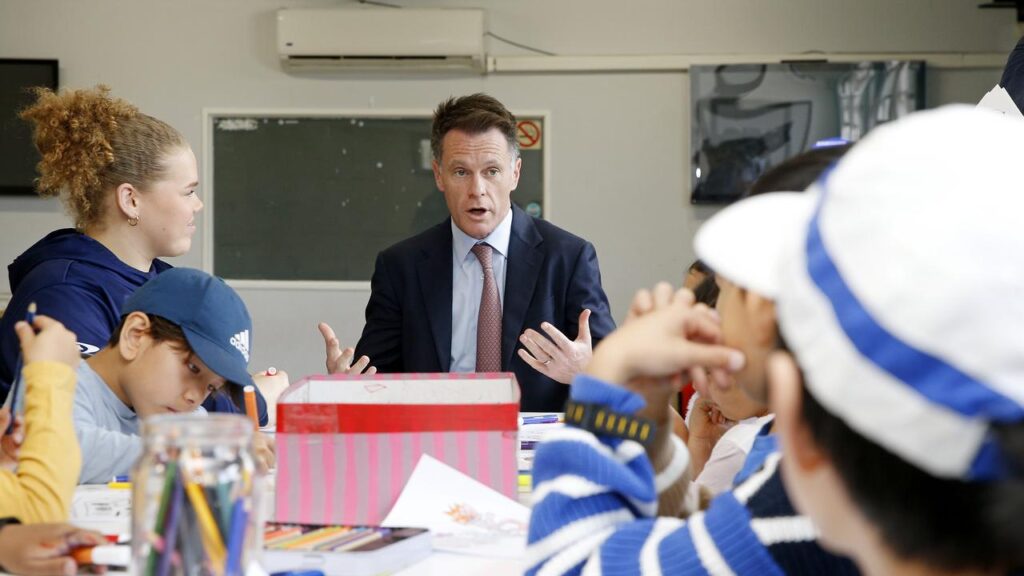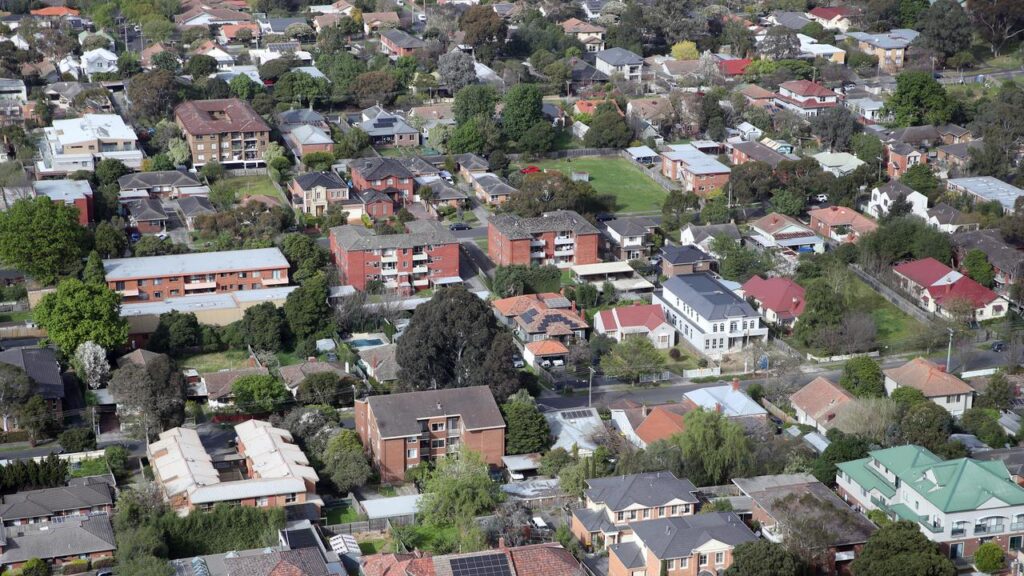MPs facing secret corruption investigation
Written by admin on September 11, 2024
Australia’s national anti-corruption watchdog has revealed it is investigating the conduct of six current and former parliamentarians over their “conduct”.
It is the first time the watchdog has publicly confirmed current and former MPs are under investigation.
The identity of the six current and former MPs has not been revealed by the National Anti-Corruption Commission (NACC).
The details are contained in a new update regarding the watchdog’s operations that reveals six investigations “concern the conduct of current or former parliamentarians and three concern the conduct of current or former parliamentary staff”.
Former Liberal staffer Bruce Lehrmann’s home raided
While there is no suggestion either man is the subject of the investigation revealed today, news.com.au revealed in August that former Liberal staffer Bruce Lehrmann’s home was raided by the national anti-corruption watchdog in June over what his former media minder John Macgowan, claims is an “insane conspiracy theory” into the potential leaking of documents related to the submarine deal.
The Australian Federal Police and NSW Police launched a dramatic raid of the home of Mr Macgowan, seizing three mobile phones and a laptop in an investigation.
Mr Macgowan, who described the investigation as baseless, claimed up to 20 National Anti-Corruption Commission officers raided his home. Both men deny any wrongdoing and have urged the NACC to drop the investigation.
Linda Reynolds demands NACC investigate Brittany Higgins payout
Liberal Senator Linda Reynolds has also repeatedly flagged an intention to refer the circumstances surrounding a compensation payout Brittany Higgins received from the Commonwealth following the rape trial to the NACC.
The NACC has never confirmed it is investigating the matter and news.com.au does not suggest that the current investigations include the payout.
During her recent defamation trial in WA against Ms Higgins, Senator Reynolds confirmed she sent confidential documents about Ms Higgins’ compensation payout negotiations to a journalist because she believed Attorney-General Mark Dreyfus was “muzzling” and “stitching” her up.
She told a Perth court last month that she sent three documents to a journalist from The Australian, Janet Albrechtsen, related to Ms Higgins’ commonwealth settlement.
“I was incredibly angry because I could see the Attorney-General of this nation was stitching me up. So absolutely I did want her to know and I wanted the public to know,” Senator Reynolds said.
“I provided her with evidence of my claims of corruption and then it was up to her in how she reported it.
“I never saw the final claims against me, the statement of liability and I was not provided any opportunity to defend the claims.
“I had no issue with Ms Higgins in this process at all. I was very clear that this was about the attorney-general and how he had, I believe, corruptly manipulated the law to muzzle me.”
What the NACC can investigate
The secretive national anti-corruption watchdog has broad powers to investigate issues of serious or systemic corrupt conduct in the Australian Government public sector.
NACC commissioner Paul Brereton has said that the “concept of the public trust that lies at its heart recognises that public powers are conferred on public officials for the public benefit.”
“It will be a breach of that trust – within the definition of corrupt conduct — if a power is not exercised honestly for the purpose for which it is conferred,’’ Mr Brereton warned.
“Anyone can refer a matter to us, and enjoy whistleblower protections which are world’s best practice.
“Our priorities are directed to matters in which a corruption investigation by the commission will add value in the public interest. That means we are more likely to be interested in matters involving senior public officials; that have a significant impact, financial or otherwise, on the public interest; or that involve potentially systemic corrupt conduct.”
To investigate a corruption issue, the Commission must have information raising the possibility that a person has done or could do something that:
– involves, or could involve, a public official,
– is, or could be, corrupt conduct under the NACC Act, and,
– could involve serious or systemic corrupt conduct.
The NACC can only investigate corrupt conduct that involves a public official in some way.
The NACC’s jurisdiction includes public officials, staff members of Commonwealth agencies, contracted service providers,parliamentarians and their staff.
Public officials are defined as members and senators of the Australian Parliament, including ministers and the people who work for them, staff members of Commonwealth agencies, including employees of and persons engaged in assisting Australian Government departments, Commonwealth companies and statutory bodies, contracted service providers (such as consultants, independent contractors, and labour-hire contractors) under Commonwealth contracts administered by Commonwealth agencies.
The NACC can only investigate matters relating to Australian Government public officials. It cannot investigate concerns relating to state, territory or local government officials. Each state and territory have a similar integrity or anti-corruption commission that may be able to investigate those matters.
NACC won’t investigate robodebt
Earlier this year, the NACC announced it would not pursue fresh corruption investigations into six public officials involved in the Robodebt scandal.
In a statement released in June, the commission revealed it had received six referrals from Robodebt royal commissioner Catherine Holmes SC.
“The Commission is conscious of the impact of the Robodebt Scheme on individuals and the public, the seniority of the officials involved, and the need to ensure that any corruption issue is fully investigated,” it said.
“However, the conduct of the six public officials in connection with the Robodebt Scheme has already been fully explored by the Robodebt Royal Commission and extensively discussed in its final report.
“After close consideration of the evidence that was available to the Royal Commission, the Commission has concluded that it is unlikely it would obtain significant new evidence.”







